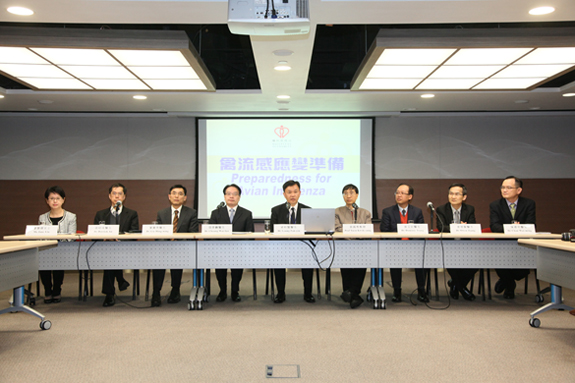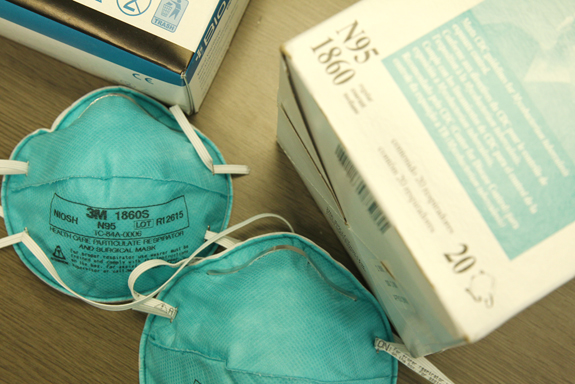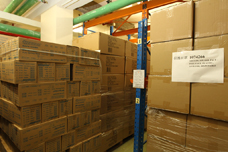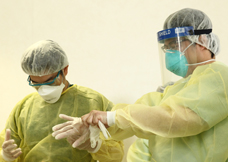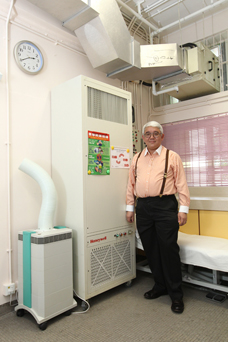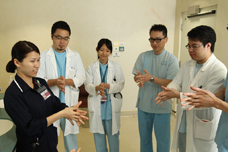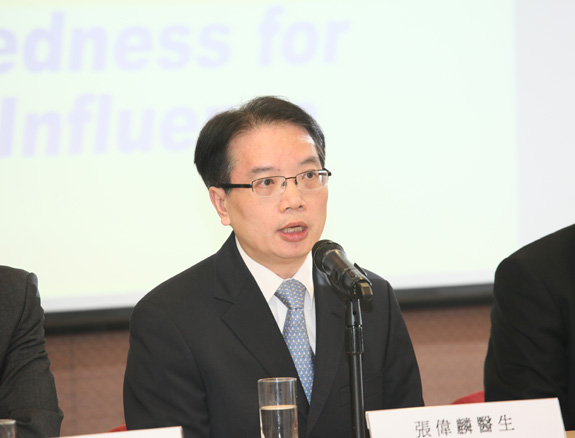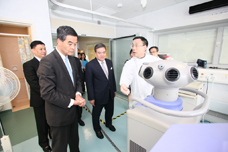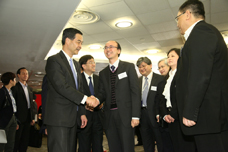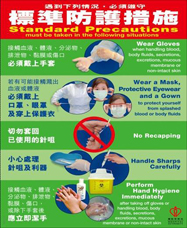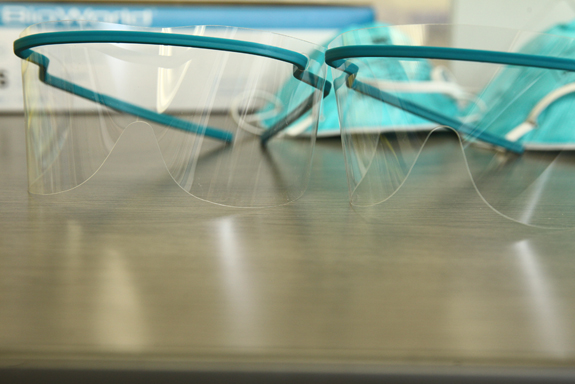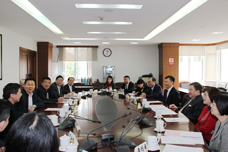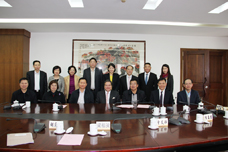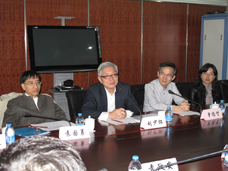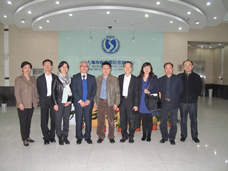Immediate response strategy
Dr Cheung Wai-lun, Director (Cluster Services), says if Hong Kong needs to activate a major contingency response, HA has four strategies for managing workload demand and staff deployment.
1. Adjust services to reduce non-emergency andelective services, day services, as well as general and specialist out-patient services. However,HA will continue to provide emergency services,cancer service and treatment to those with seriousmedical conditions. Such measures will enable us to deploy staff to the highly impacted services.
2.Reduce workload of acute hospitals by enhancing services at rehabilitation hospitals so that they can support the stablised acute patients. The Community Geriatric Assessment Team will provide onsite treatment at old-age homes to reduce emergency admissions.
3. Turn selected general out-patient clinics intodesignated clinics to serve patients with fever to alleviate the pressure on accident and emergency services.
4.HA will also make available additional manpowerthrough the Special Honorarium Scheme for doctors and recruit additional part-time staff. Leave taking and the provision of non-clinical training will be reduced.

